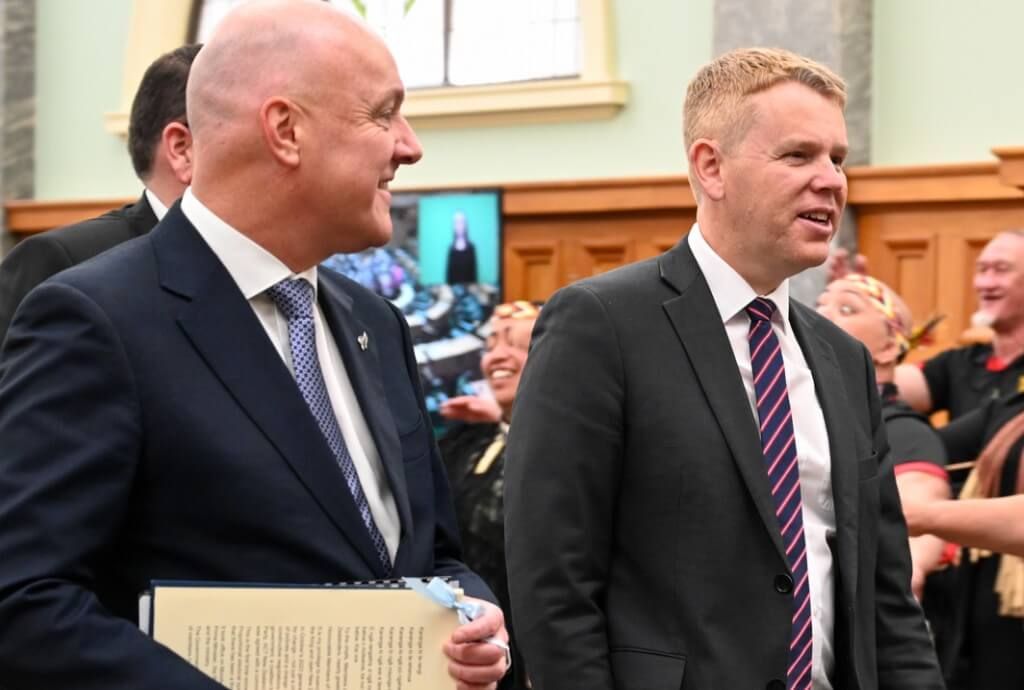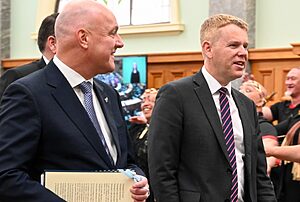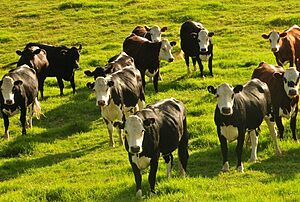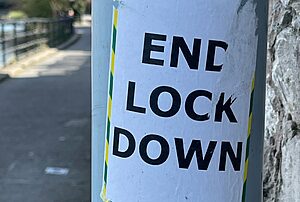In brief
- Both share similarities in several areas like vowing to scrap Three Waters, but there are some key differences.
- NZ First is more nationalist and aims to put New Zealand and New Zealanders first.
- ACT is more “classical liberal”. Personal liberty is prized.
- Immigration is one area where they differ.
Two in the hunt
Two minor parties that may be tapped to join a coalition Government alongside National are ACT and NZ First. While not an endorsement of either, here’s a brief overview of some similarities and differences between them.
On the role of Government
NZ First is strongly nationalist. The leading principle of their “Fifteen Fundamental Principles” is “Put New Zealand and all New Zealanders First”. They favour populist rhetoric playing on themes of “Us vs Them”. Their leader, Winston Peters, ventured into the 2022 Wellington Protests against COVID mandates in a populist display. They’re known to craft policies appealing to pensioners and support government interventions where they consider it appropriate.
ACT is more sceptical of government power. They incline towards classical liberalism and libertarianism. They believe in increasing the role of free markets wherever possible. Individual freedom and equality before the law is their leading principle. Also on principle ACT rejects using public money to support private sector initiatives. In contrast, NZ First advocates collaborating with private enterprise to promote an export lead economy. Act’s leader is David Seymour.
Immigration
NZ First advocate for tough immigration laws. For example, they want to more than double the number of years required of migrants seeking permanent residency.
ACT takes a pragmatic view and weighs immigration requirements against the needs of society. They want to streamline processes to make them more efficient.
Environment
ACT is the only party in Parliament to vote against the Net Carbon Zero Act 2019 and favours innovation over regulation in its approach to environmental policy.
NZ First supports New Zealand’s transition to a zero carbon economy in principle.
Where they are in heated agreement
Both favour drastically reducing the size of government. Both vow to scrap Three Waters and the Human Rights Commission. Both reject co-governance and “partnership” rhetoric and initiatives. On crime, both advocate for an approach that puts victims ahead of offenders.
Seymour and Winston are both of mixed Māori and Pākehā descent.
2023 general election
In leading up to the 2023 general election, ACT holds ten seats –one electoral seat and nine list seats. NZ First holds no seats, but is looking for a comeback. David Seymour is likely to win his district seat but regardless is polling around 10% so ACT should be entitled to list MPs.
Winston Peters is campaigning heavily amid speculation he can once again secure NZ First a place in Parliament. However, NZ First seems very unlikely to win any district seat so will need to meet the 5% threshold for the party vote. That is far from a certainty, meaning any party vote for NZ First could go to waste if the 5% is not met.
While ACT currently has strong momentum, NZ First has previously formed governing coalitions and negotiated for members in cabinet. A feat not yet achieved by ACT. NZ First is currently polling below 5% but there is certainly time to firm things up.
Conclusion
ACT is considered a natural ally to National. NZ First supported Labour in 2017 to form a government, but has stated they will not do so again. Peters was seen as holding Ardern’s Labour Party in check during the time he was Deputy Prime Minister.
Voters are encouraged to research the policies of each party and vote accordingly.



















